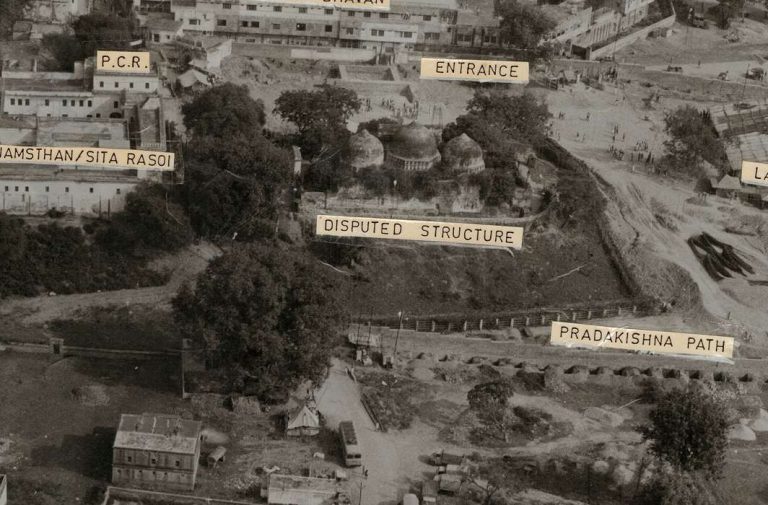
The Supreme Court hearing the Ayodhya title dispute case on Monday was told by Senior Adv Rajeev Dhavan that “the proposition once a mosque always a mosque would hold right even if the mosque has been abandoned however in the present case the mosque had not been abandoned”.
Dhavan who was appearing for the Sunni Wakf Board further told the apex court “counsels from the opposite party who argued on Islamic law were not competent to interpret the Islamic Law which did not constitute an expert opinion and hence the Courts were wrong to take the arguments into consideration while writing the judgement”.
He further cited judgements in support of the Waqf property.
“UP Waqf Act is regulatory in nature and provides certain exemptions to certain mosques. The Musalman Waqf Act was made by the British to regulate the Waqf property,” stated Dhavan.
He also said Custom is not a mind game and points out judgements in this respect.
“Most the judgements cited by the other side have been without factual foundations,” said Dhavan.
Dhavan further pointed out: “From 1857 onwards there were number of grants given to us showing recognition not only by the British Government but also by the Nawabs. There were no claim of title before 1935. From 1885 to 1989 there is no claim of title whatsoever by the Hindu party.”
“They have exercised only prescriptive right. It is a fact that they claimed title once which was not accepted by the Court. A prescriptive right is materially different and even when the door was opened it was only for prayer. It is a fact that the only right they had was to enter through the door and pray. Our title cannot be lost in anyway except in the case of adverse possession,” added Dhavan.
Dhavan further said “we are in an appeal in this case because of the title and we do have title in this”. Islamic law is much more complex than picking up something from the Quran and saying that you cannot do this and that. I would like to defend my case that our suit was not barred by limitation and section 120 does not apply, Dhavan said.
He concluded his arguments and said adverse possession is that someone else was the owner. A party claiming adverse possession must show that the possession was peaceful, open and continuous. In order to show adverse possession the party claiming it must show on which date did he get possession, what was the nature of possession, whether the factum of possession was known to the other party.
-India Legal Bureau

